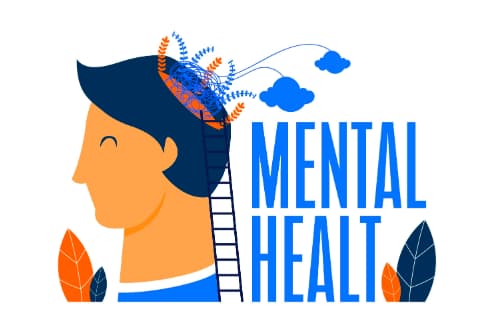When you exercise, your body produces endorphins, one of the four hormones of joy and pleasure. But there are several other important factors that point to the relationship between sports and mental health.
Sports improve mood
Physical activity not only boosts your mood, but also helps reduce symptoms of depression. Psychologist Michael Gervais says that the main reason why sport affects our emotional state is because it “increases blood flow in the brain” as well as “influences the hypothalamus-pituitary-adrenal axis, which shapes the stress response.”
For mild forms of depression and high anxiety, physical activity may be the best solution, replacing therapy and medication. In more complex cases of mental health disorders, sports are recommended to be added to mainstream treatment to speed up progress. “Morning exercise combined with natural sunlight and group activities is particularly good for depression,” says psychiatrist Alison Mehta. By the way, it is aerobic exercise that is most effective in fighting depression.
Sport strengthens sleep
Physical exercise has a positive effect on both the duration and quality of sleep. No matter what kind of activity you prefer, Michael Gervais recommends trying high-intensity interval training, as well as mind-body exercises such as yoga and tai chi.
Sports boost cognitive performance
A study by psychologists Fernando Lopez-Penilla and Charles Hillman states that “aerobic exercise prevents age-related changes in brain tissue during aging and improves functional aspects of higher-order areas involved in the control of cognition. More active or physically fit individuals have better command of their attention and are able to process information more quickly.” To improve cognitive abilities, connect strength training exercises to aerobic exercise.
Sports give you energy
It seems that during sports, energy seems to be expended on the contrary. Yes, this is true, but then it comes back to us in large quantities. As paradoxical as it may sound, the more fatigued you feel, the more active you need to move. Studies show that on average, exercise reduces symptoms of fatigue by about 65%.
Sports relieve symptoms of stress
The Anxiety-Depressive Disorders Research Association of America states that “physically active people have lower levels of anxiety and depression than people with sedentary lifestyles.” Exercise promotes mental health by helping the brain better cope with stress. Although this effect is temporary, studies have shown that those who engaged in regular aerobic exercise were 25 percent less likely to develop depression or an anxiety disorder over the next five years.







